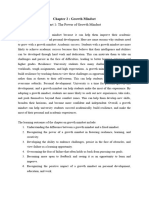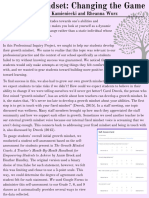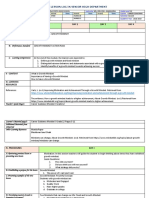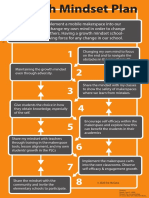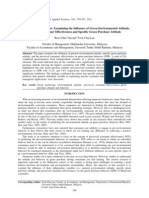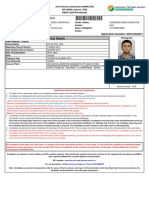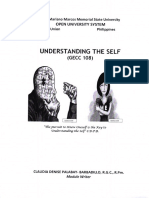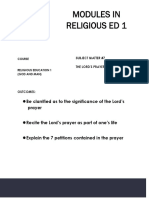0% found this document useful (0 votes)
23 views4 pagesGrowth Mindset and Development Program
The Growth Mindset Development Program is designed for university students to help them transition effectively into higher education by fostering resilience and a love for learning. The one-day workshop includes modules on understanding fixed vs. growth mindsets, embracing challenges, neuroplasticity, and building support systems, utilizing interactive methods and personal reflection tools. Expected outcomes include improved academic performance, reduced anxiety, and actionable plans for continuous learning.
Uploaded by
abhinav8022Copyright
© © All Rights Reserved
We take content rights seriously. If you suspect this is your content, claim it here.
Available Formats
Download as PDF, TXT or read online on Scribd
0% found this document useful (0 votes)
23 views4 pagesGrowth Mindset and Development Program
The Growth Mindset Development Program is designed for university students to help them transition effectively into higher education by fostering resilience and a love for learning. The one-day workshop includes modules on understanding fixed vs. growth mindsets, embracing challenges, neuroplasticity, and building support systems, utilizing interactive methods and personal reflection tools. Expected outcomes include improved academic performance, reduced anxiety, and actionable plans for continuous learning.
Uploaded by
abhinav8022Copyright
© © All Rights Reserved
We take content rights seriously. If you suspect this is your content, claim it here.
Available Formats
Download as PDF, TXT or read online on Scribd
/ 4



